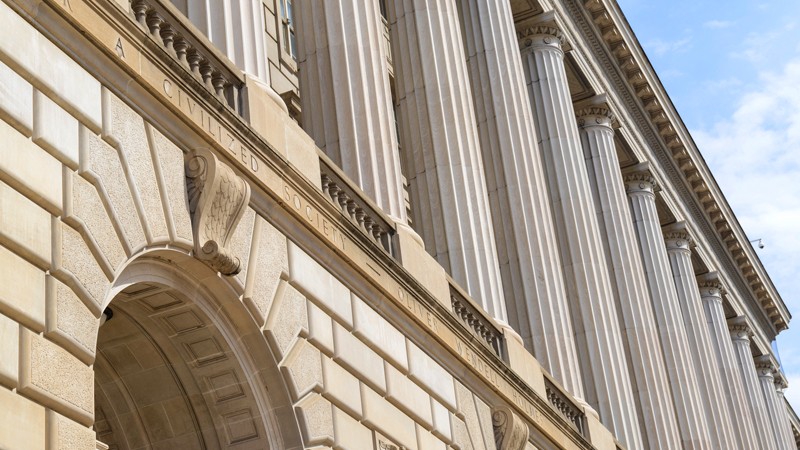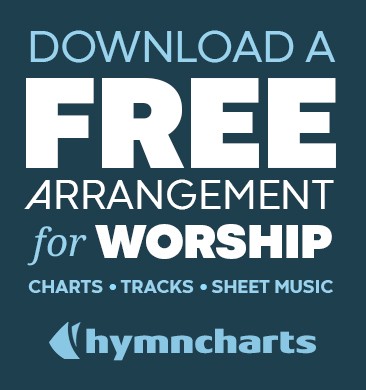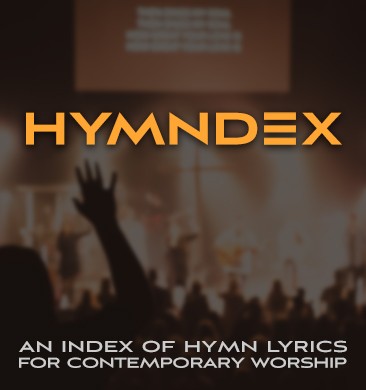IRS settles landmark lawsuit, creating religious exemption to Johnson Amendment for congregational communications
The Internal Revenue Service announced Monday, July 7, that churches and other houses of worship can endorse political candidates to their congregations without risking their tax-exempt status, marking a significant shift in the enforcement of a decades-old federal law that has governed nonprofit political activity since 1954.
The decision came through a court filing intended to settle a lawsuit filed by two Texas churches and the National Religious Broadcasters, an association of Christian broadcasters. The agreement creates a religious exemption to the Johnson Amendment, which has historically prohibited all 501(c)(3) nonprofits from participating in or intervening in political campaigns.
“Communications from a house of worship to its congregation in connection with religious services through its usual channels of communication on matters of faith do not run afoul of the Johnson Amendment as properly interpreted,” the IRS stated in its joint filing with the plaintiffs.
A Historic Shift in Federal Policy
The Johnson Amendment, named after former President Lyndon B. Johnson who introduced it as a senator in 1954, has been a cornerstone of American nonprofit law for seven decades. The provision was originally passed with no congressional debate and has remained largely unchanged since its inception.
Under the new interpretation, the IRS will treat political endorsements made by religious leaders to their congregations as private communications, comparable to “a family discussion concerning candidates” rather than campaign activity. This represents the first time the agency has formally declared such statements to be explicitly legal, rather than merely tolerated.
“It basically tells churches of all denominations and sects that you’re free to support candidates from the pulpit,” said Lloyd Hitoshi Mayer, a law professor at the University of Notre Dame who has studied regulation of political activity by churches. “It also says to all candidates and parties, ‘Hey, time to recruit some churches.'”
The Legal Challenge and Its Resolution
The lawsuit, filed in August 2024 ahead of the presidential election, challenged the constitutionality of the Johnson Amendment as it applied to religious organizations. The National Religious Broadcasters and the Texas churches argued that the law violated their First Amendment rights to freedom of speech and free exercise of religion, while also treating them differently than other organizations in violation of their Fifth Amendment equal protection and due process rights.
The plaintiffs contended that religious entities “cannot fulfill their spiritual duties to teach the full counsel of the Word of God if they fail to address such issues and to inform their listeners how the views of various political candidates compare to the Bible’s position on such matters.”
The IRS, in its settlement agreement, acknowledged that interpreting the Johnson Amendment to include internal communications between houses of worship and their congregations would create “serious tension” with the First Amendment. The agency noted that the rule “imposes a substantial burden on plaintiffs’ free exercise of religion” and is “not a neutral rule of general applicability.”
Broader Implications for Religious Freedom
The settlement marks a victory for religious freedom advocates who have long argued that the Johnson Amendment unfairly restricted churches’ ability to provide moral guidance on political matters. The agreement specifically protects communications made “in connection with religious services through customary channels of communication on matters of faith, concerning electoral politics viewed through the lens of religious faith.”
President Donald Trump, who has repeatedly called for the Johnson Amendment’s complete repeal, signed an executive order in 2017 during his first term aimed at easing the ban on political activity by churches. Trump stated at the 2017 National Prayer Breakfast his aspiration to “get rid of and totally destroy the Johnson Amendment and allow our representatives of faith to speak freely and without fear of retribution.”
The current settlement stops short of the broader exemption initially sought by the plaintiffs, which would have allowed all nonprofits, religious and secular, to endorse candidates to their members. Instead, it creates a specific carveout for religious organizations communicating with their congregations.
Concerns and Limitations
While religious freedom advocates celebrate the decision, some nonprofit law experts express concern about potential unintended consequences. The National Council of Nonprofits, representing 30,000 organizations, warned that the change could lead to political groups using nonprofits as “legal disguise.”
“The decree could open the floodgates for political operatives to funnel money to their preferred candidates while receiving generous tax breaks at the expense of taxpayers who may not share those views,” said Diane Yentel, the organization’s president.
Legal scholars also question how the new interpretation will handle modern communication methods. Ellen P. Aprill, professor emeritus at Loyola Law School in Los Angeles, noted that communications intended for congregants could easily reach broader audiences through online platforms and social media.
“It’s not going to be limited to just their membership,” she said. “Even Las Vegas doesn’t stay in Las Vegas these days. Everybody has a web page.”
What This Means for Church Leaders
For pastors and religious leaders, the settlement provides clear guidance that political endorsements made during religious services to congregational members will not jeopardize their organization’s tax-exempt status. The protection extends to communications made through a church’s “usual channels of communication” in connection with religious services.
However, the exemption appears to be specifically tailored to traditional congregational communications rather than broader public advocacy. Church leaders should note that the protection applies to internal communications with their congregations about electoral politics “viewed through the lens of religious faith.”
The federal judge accepted the settlement agreement shortly after its filing, making it immediately effective. The order bars the IRS from enforcing the Johnson Amendment against the groups that sued and establishes a precedent for similar religious communications nationwide.
Looking Forward
This development represents the most significant change to the regulation of political activity by religious organizations since the Johnson Amendment’s inception. While it falls short of the complete repeal some advocates have sought, it provides churches with unprecedented clarity and protection for political speech within their congregational settings.
The long-term impact will likely depend on how churches choose to exercise this new freedom and whether the boundaries of the exemption remain clearly defined as communication methods continue to evolve in the digital age. For now, religious leaders have greater freedom to integrate their faith perspectives with political guidance to their congregations without fear of federal tax consequences.








